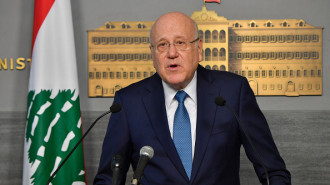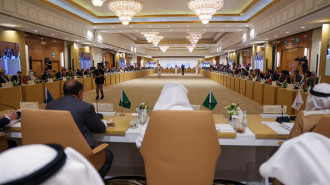UN says Syria aid drops not 'imminent'
Aid drops to besieged areas in Syria are not expected to begin immediately, the United Nations said on Thursday, despite urgent calls from France and Britain for deliveries to get started.
"As long as the World Food Programme has not yet finalised its plans, I don't think there's something imminent, but I think the process that will lead to air drops has already started," Ramzi Ezzedine Ramzi, the deputy to the UN special envoy to Syria Staffan de Mistura, told reporters.
His comments came after France and Britain on Wednesday urged the UN to begin airdrops ahead of a Security Council meeting Friday to discuss the crisis in Syria's besieged areas.
Last month, the 20-nation International Syria Support Group (ISSG) agreed that if aid convoys over land had not reached all the country's besieged areas by June 1, drops from aircraft would be used.
"WFP has studied the issue and is in the process of finalising its plans," Ramzi said, but stressed it was "a very complex venture," which would need approval from Damascus, which has yet to be given.
Airdrops are far more complicated and costly than land-deliveries, and far less efficient.
De Mistura pointed out last week that it can take six weeks of airdrops to deliver the same amount of aid to an area as a single convoy over land.
Since April, WFP has been carrying out dangerous and complex high-altitude airdrops over Deir Az-Zour, where 200,000 people are besieged by the Islamic State (IS) group.
Most of the other besieged areas, which are densely urban, would meanwhile likely need to be reached by helicopter, Jan Egeland, who heads an international humanitarian taskforce for the war-ravaged country, told reporters.
The taskforce agreed on Thursday to add al-Waer, near Homs and with a total population of 592,000, most of them besieged by regime forces, Egeland said.
Questions have meanwhile been raised as to whether airdrops are needed, after desperately needed aid was delivered by land to two towns besieged by Syrian government forces.
Daraya was reached for the first time since 2012 and Moadamiyeh for the first time since March.
Moscow, which helped ensure the convoys got through, suggested they might mean plans to airdrop humanitarian relief could be put on hold for now.
Ramzi hailed the "positive developments" but insisted "it is not enough."
"The humanitarian access and delivery is not to the level that we all aspire to."
"Air delivery is complex and extremely expensive. But it remains an option if land deliveries do not go through," he said.
![Protest in London for Daraya [Getty] Protest in London for Daraya [Getty]](/sites/default/files/styles/large_16_9/public/media/images/4139031C-3335-4DA6-BD8B-5B9C040B78DC.jpg?h=d1cb525d&itok=CfHSKQBO)
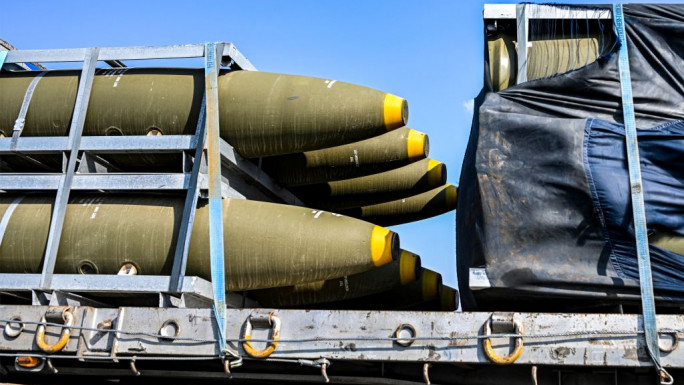
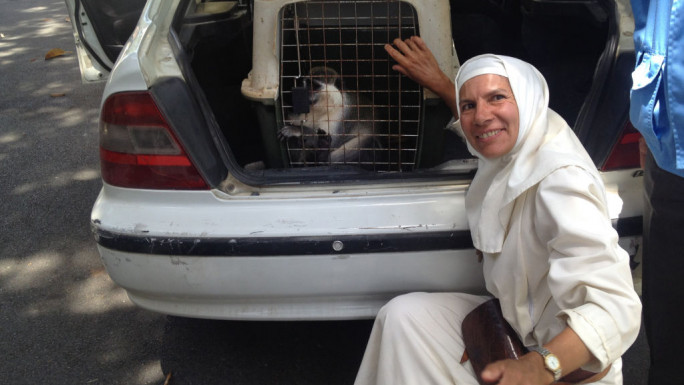

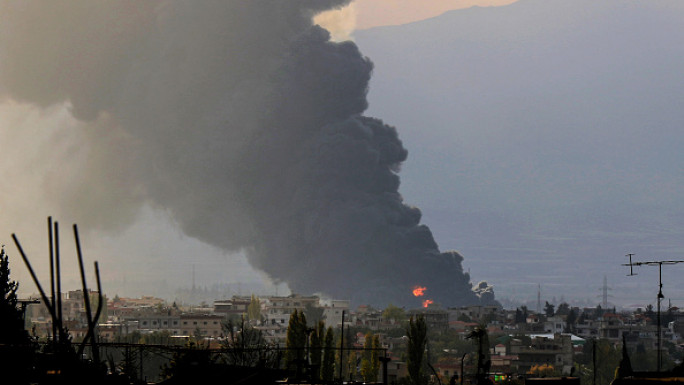
 Follow the Middle East's top stories in English at The New Arab on Google News
Follow the Middle East's top stories in English at The New Arab on Google News
